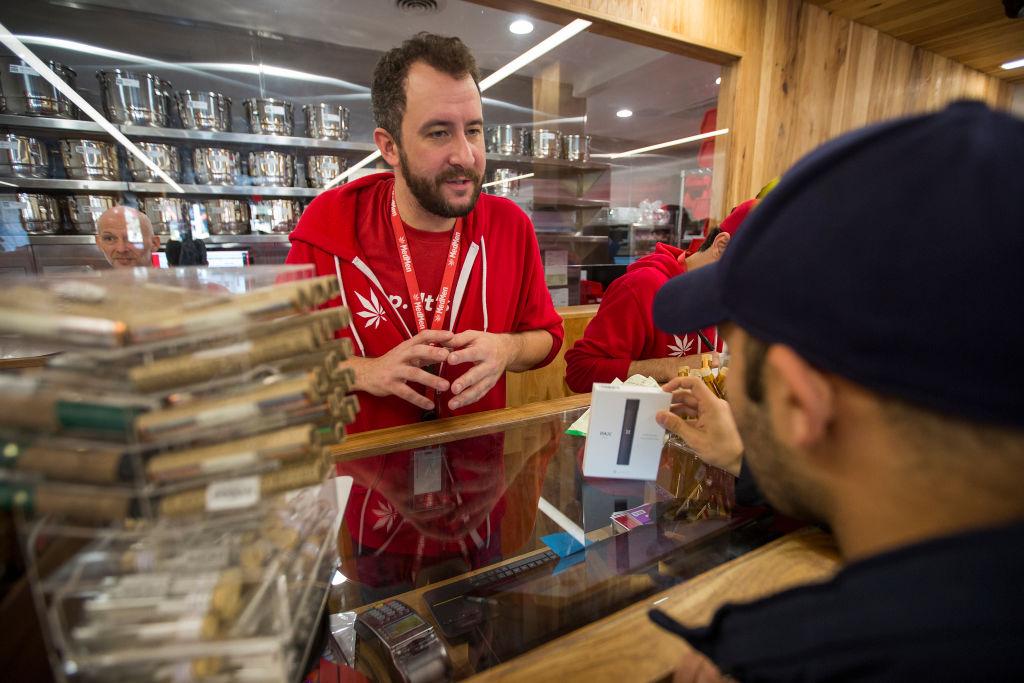California hopes new cannabis licensing laws enacted Jan. 1 will help reduce burgeoning illegal market sales and the growing number of injuries and deaths from cannabis vaping.
Assembly Bill 1126, authored by Assemblyman Tom Lackey (R-Palmdale), authorizes the state to issue citations for companies that falsely claim a product is licensed by using the universal cannabis symbol.





